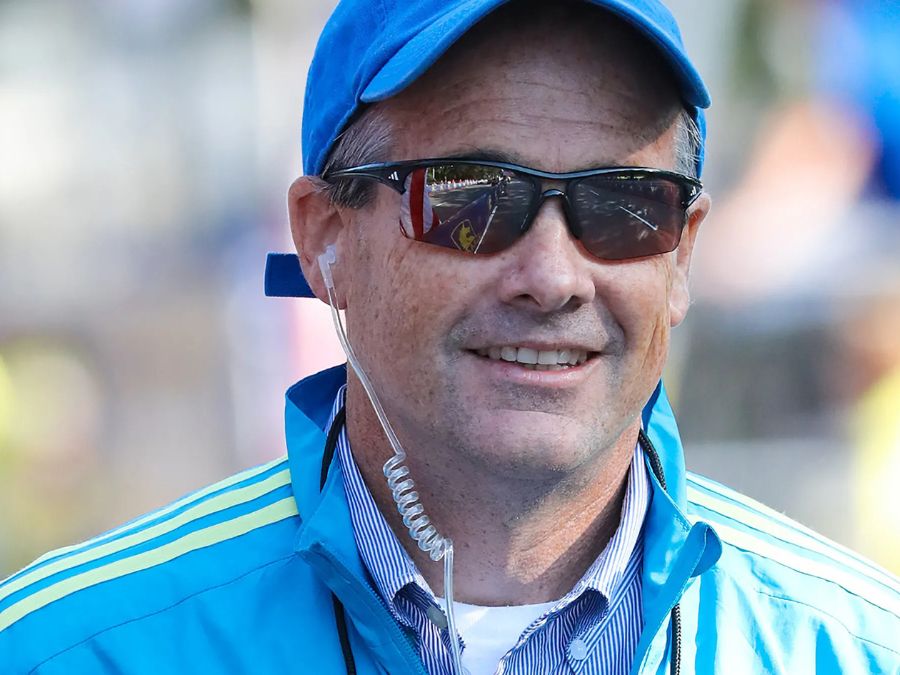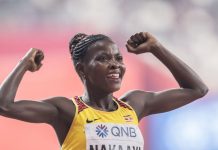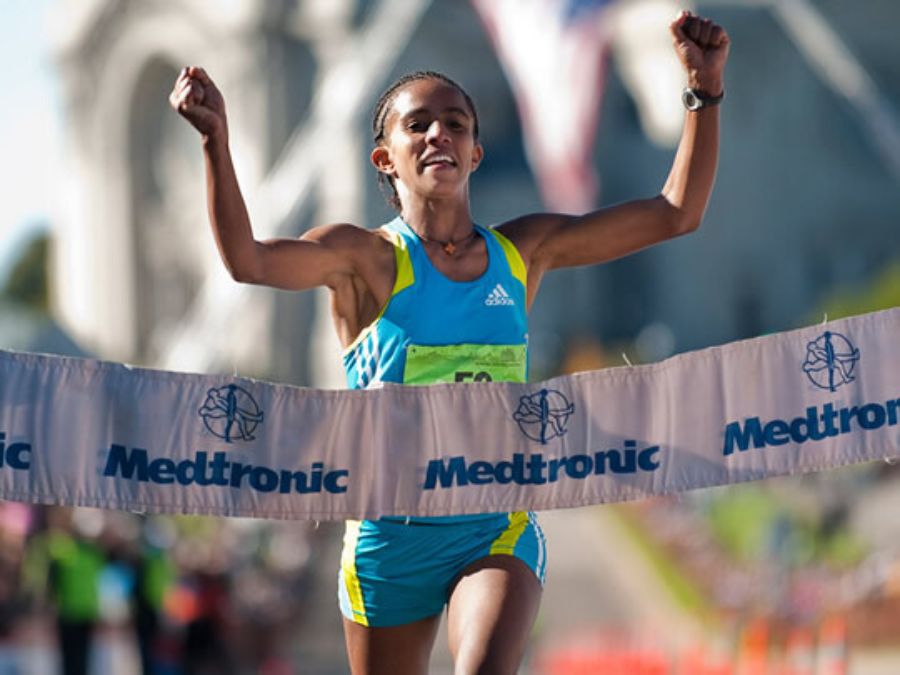The Boston Athletic Association (B.A.A.) has unveiled a groundbreaking initiative to compensate athletes affected by doping-related disqualifications in its events, addressing decades of unresolved prize money disputes.
Starting January 2025, the program will issue payments to athletes re-ranked due to disqualifications dating back to 1986, the year prize money was introduced to the Boston Marathon.
 Advertisement: Tarkine Autopilot – The new high mileage road shoe from Australia’s running shoe company. Learn more at tarkine.com.
Advertisement: Tarkine Autopilot – The new high mileage road shoe from Australia’s running shoe company. Learn more at tarkine.com.
Ethiopian runner Buzunesh Deba, who set a course record of 2:19:59 in the 2014 Boston Marathon, is set to receive the largest payout under this initiative. Initially awarded second place, Deba was later declared the winner after Kenya’s Rita Jeptoo was disqualified for doping. Despite her re-ranking, Deba waited nearly a decade to receive the $100,000 owed to her: $75,000 for first place and $25,000 for her course record.
The payment, scheduled for January 2025, comes after growing public scrutiny, including a Wall Street Journal feature earlier this year. In response to the delays, Philadelphia businessman Doug Guyer personally gifted Deba $75,000 to bridge the gap between her winnings.

“This initiative ensures that clean athletes are justly rewarded,” said Jack Fleming, B.A.A. president and CEO. “Although the process to reclaim and redistribute prize money has been complex, fairness in competition is paramount.”
The B.A.A. confirmed that a total of $300,000 will be distributed among 80 runners from eight Boston Marathons and nine participants in Boston 5K events. Athletes implicated in doping violations are ineligible for these payments, and the B.A.A. is committed to reclaiming funds from disqualified competitors.

Kenyan runner Edna Kiplagat, who was elevated to first place in the 2021 Boston Marathon after Diana Kipyokei’s disqualification, is also among those compensated. Notably, no male Boston Marathon champions have been disqualified for doping.
The initiative reflects the B.A.A.’s partnership with leading anti-doping organizations, including the Athletics Integrity Unit (AIU), the World Anti-Doping Agency (WADA), and the U.S. Anti-Doping Agency (USADA), ensuring a level playing field in all events.
For athletes like Deba, this decision marks the end of a long struggle for recognition and fairness, reinforcing the integrity of one of the world’s most iconic marathons.






















